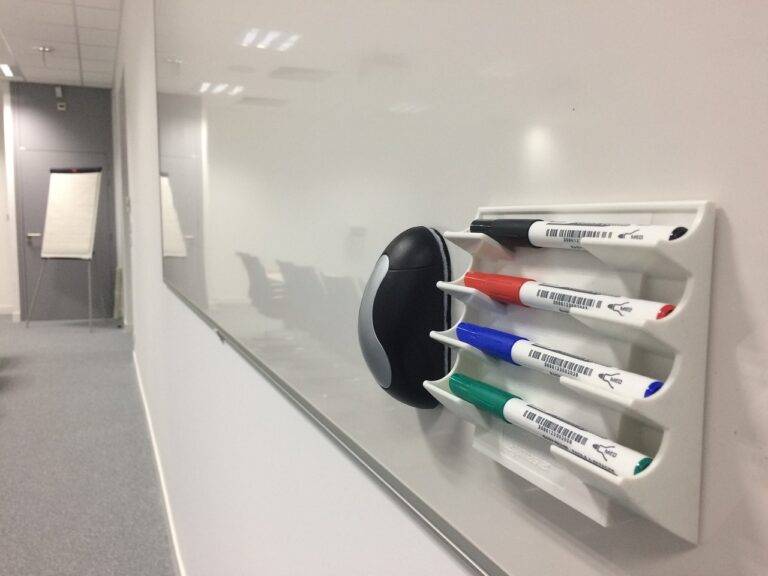Sustainable Practices in Aerospace Welding Processes: Cricbet99com, Sky11. Live login, Cricbet99 reddy anna
cricbet99com, sky11. live login, cricbet99 reddy anna: Sustainable Practices in Aerospace Welding Processes
As technology advances in the aerospace industry, the demand for sustainable practices in aerospace welding processes is on the rise. Companies are striving to reduce their carbon footprint and minimize waste while maintaining high-quality standards. In this blog post, we will take a closer look at some of the sustainable practices being implemented in aerospace welding processes.
1. Use of Eco-Friendly Materials
One of the key sustainable practices in aerospace welding processes is the use of eco-friendly materials. Companies are shifting towards using materials that have a lower environmental impact, such as recycled steel and aluminum. These materials not only reduce the carbon footprint but also help in conserving natural resources.
2. Energy-Efficient Technologies
Another important aspect of sustainable aerospace welding processes is the use of energy-efficient technologies. Companies are investing in advanced welding equipment that consumes less energy while maintaining high productivity levels. This not only reduces electricity consumption but also lowers operating costs in the long run.
3. Implementation of Lean Manufacturing
Lean manufacturing principles are being increasingly adopted in aerospace welding processes to reduce waste and improve efficiency. By optimizing workflows and eliminating non-value-added activities, companies can minimize their environmental impact and achieve higher productivity levels.
4. Recycling and Waste Management
Proper recycling and waste management practices are crucial in sustainable aerospace welding processes. Companies are implementing initiatives to recycle welding waste, such as metal shavings and scrap materials, to reduce landfill waste. Additionally, waste management programs help in segregating different types of waste for proper disposal or recycling.
5. Water Conservation
Water conservation is another important aspect of sustainable aerospace welding processes. Companies are implementing measures to reduce water consumption during welding operations, such as using water-efficient cooling systems and reusing water for multiple processes. This helps in conserving water resources and minimizing environmental impact.
6. Continuous Training and Education
Continuous training and education play a key role in promoting sustainable practices in aerospace welding processes. Companies are investing in training programs to educate employees on the importance of sustainability and how they can contribute to reducing environmental impact in their daily work activities.
7. Collaboration with Suppliers
Collaborating with suppliers who share the same sustainability goals is essential in promoting sustainable practices in aerospace welding processes. Companies are working closely with their suppliers to ensure that eco-friendly materials and technologies are used throughout the supply chain to minimize environmental impact.
FAQs
Q: Why are sustainable practices important in aerospace welding processes?
A: Sustainable practices in aerospace welding processes are important to reduce the environmental impact, conserve natural resources, and lower operating costs in the long run.
Q: How can companies implement sustainable practices in aerospace welding processes?
A: Companies can implement sustainable practices in aerospace welding processes by using eco-friendly materials, investing in energy-efficient technologies, implementing lean manufacturing principles, recycling and waste management, conserving water, providing continuous training and education, and collaborating with suppliers.
Q: What are the benefits of implementing sustainable practices in aerospace welding processes?
A: The benefits of implementing sustainable practices in aerospace welding processes include reducing the carbon footprint, conserving natural resources, lowering operating costs, improving efficiency, and enhancing corporate social responsibility.
In conclusion, sustainable practices in aerospace welding processes are essential for companies to reduce their environmental impact and promote long-term sustainability. By implementing eco-friendly materials, energy-efficient technologies, lean manufacturing principles, recycling and waste management, water conservation measures, continuous training and education, and collaborating with suppliers, companies can achieve higher productivity levels while minimizing their carbon footprint.







